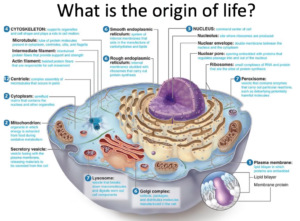
What would be an appreciative, but critical perspective on the Chinese lion dance?
It is undeniable that the lion dance contains superstitious elements. For example, the dance is often performed to bring good luck to business owners and to ward off evil spirits. These superstitious beliefs are inconsistent with Christian belief in the sovereign providence of God. Hence, some Christians have expressed uneasiness when they witness lion dances within church premises. It must be acknowledged that these churches sponsor lion dance in their premises as an initiative of good will to build bridges to the Chinese community. Sponsoring lion dances during the Chinese Spring festival or Chinese New Year provides a most fitting occasion for churches to demonstrate the fact that Chinese Christians need not abandon their cultural heritage when they embrace the Christian faith.
On the other hand, one wonders whether these churches may have unwittingly committed religious syncretism, the process where the Christian community uncritically adopts superstitious beliefs which are contrary to the fundamental tenets of Christianity. Continue reading “Redeeming the Lion Dance for the Glory of God?”
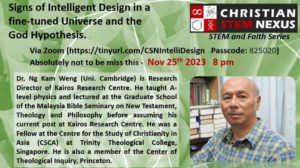
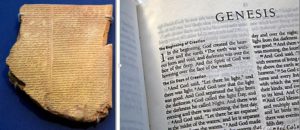
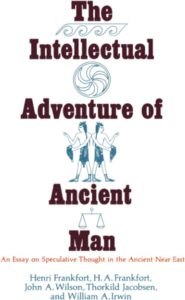 Many critical scholars in Western universities suggest that the biblical Creation and Flood stories borrowed ideas from Ancient Near Eastern Texts (ANET). For example, the Creation story in Genesis must be influenced by the Babylonian creation story of Enuma Elish since the story in Genesis is briefer and the preserved records of Genesis belong to a later date. However, Kenneth Kitchen rejects this notion. He writes, “The common assumption that the Hebrew account is simply a purged and simplified version of the Babylonian legend (applied also to the Flood stories) is fallacious on methodological grounds. In the Ancient Near East, the rule is that simple accounts or traditions may give rise (by accretion and embellishment) to elaborate legends, but not vice versa. In the Ancient Orient, legends were not simplified or turned into pseudo-history (historicized) as has been assumed for early Genesis.”/1/
Many critical scholars in Western universities suggest that the biblical Creation and Flood stories borrowed ideas from Ancient Near Eastern Texts (ANET). For example, the Creation story in Genesis must be influenced by the Babylonian creation story of Enuma Elish since the story in Genesis is briefer and the preserved records of Genesis belong to a later date. However, Kenneth Kitchen rejects this notion. He writes, “The common assumption that the Hebrew account is simply a purged and simplified version of the Babylonian legend (applied also to the Flood stories) is fallacious on methodological grounds. In the Ancient Near East, the rule is that simple accounts or traditions may give rise (by accretion and embellishment) to elaborate legends, but not vice versa. In the Ancient Orient, legends were not simplified or turned into pseudo-history (historicized) as has been assumed for early Genesis.”/1/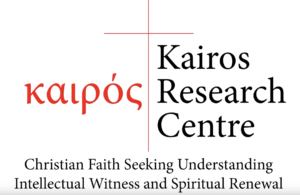 Part 5: Young Earth Creation vs Old Earth Creation
Part 5: Young Earth Creation vs Old Earth Creation
